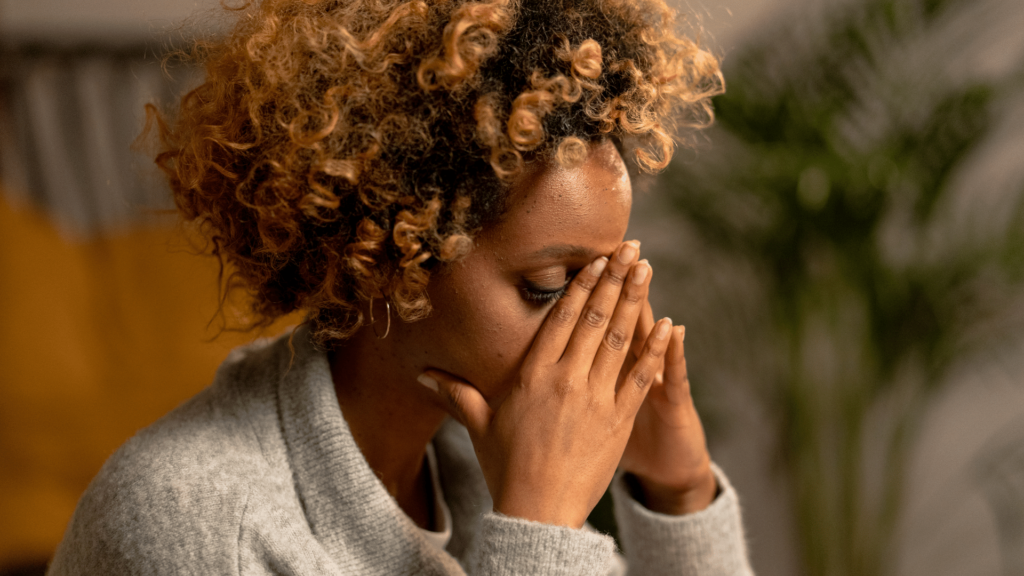- Home
- Our Services
- Contact Us
Loss & Grief - Don't Suffer Through Alone...
Loss & Grief
It is not something that can be ignored, denied or avoided. It can be difficult to deal with the death of a loved one. Mourning is a natural response to a significant loss. Mourning can include gathering with family and friends to mourn the loss or following religious rituals that honour the deceased. Grief can last for months or even years. The outward expression of your loss is called grief. Grief can be expressed in many ways. These feelings should be expressed. It may seem easier to distance yourself from the pain at first. But, you can’t avoid grieving for ever. Eventually, those feelings will have to be addressed or they could lead to physical or emotional illnesses.Many people experience physical symptoms associated with grief. Acute grief can manifest as nausea, vomiting, stomach pain, insomnia, digestive problems, and energy loss. You may experience extreme emotional reactions. These emotions include thoughts of suicide and chronic fatigue. Preoccupation with the dead is another common reaction to death.

What is grief?
Grief is a normal response to loss. It is the emotional pain you feel after someone or something you love has been taken from you. Your grief will intensify the greater the loss. Although you may be able to associate grief with the loss of a loved person, it is possible for any type of loss to cause grief.
Even the most insignificant losses in life can cause grief. Moving away from your home, graduation from college or a loss in your job can all cause grief. No matter what your loss is, it is personal. Don’t feel ashamed or restricted by the fact that you can only grieve for certain things.
Although loss can affect everyone in different ways, it is common to feel like you are going insane, having bad dreams, or questioning your spiritual or religious beliefs in the initial stages of grief.
Risk factors for loss & Grief include:
Grief is a natural part of life. It is an emotional response to loss or trauma which can be triggered by the death of a loved one, the end of a relationship, or any other significant life event. There are many different types of grief, and they are all normal.
The grieving process can be broken down into three stages: denial, anger, bargaining; depression; acceptance. Complex grief is a type of grief that occurs when there has been prolonged exposure to traumatic events such as war, abuse, or other forms of violence which may lead to post-traumatic stress disorder (PTSD).

Dr Wilma
Dr Wilma obtained her medical degree from Stellenbosch University in 2000 and completed her internship and community service at Potchefstroom Hospital she then moved to Canada with her husband where she worked as a GP for two years in The Pas, Manitoba.
While bringing her family back to South Africa, she worked in the private and state sector in Endocrinology and Female & Breast health. After gaining considerable life experience, she specialised in Psychiatry at Stellenbosch University.
As a General Psychiatrist she is passionately committed to providing a holistic and individual mental health care to both adolescents and adults.
Make an appointment today
Do not take the risk of disregarding your mental health! We live in stressful times and the pressure society puts on us is ever increasing and after all quality of life is what makes us happy.
If you feel anxious and stressed and you feel you are overwhelmed it is wise to seek help and talk to a caring medical professional like Dr Wilma, so do not hesitate contact us today!
